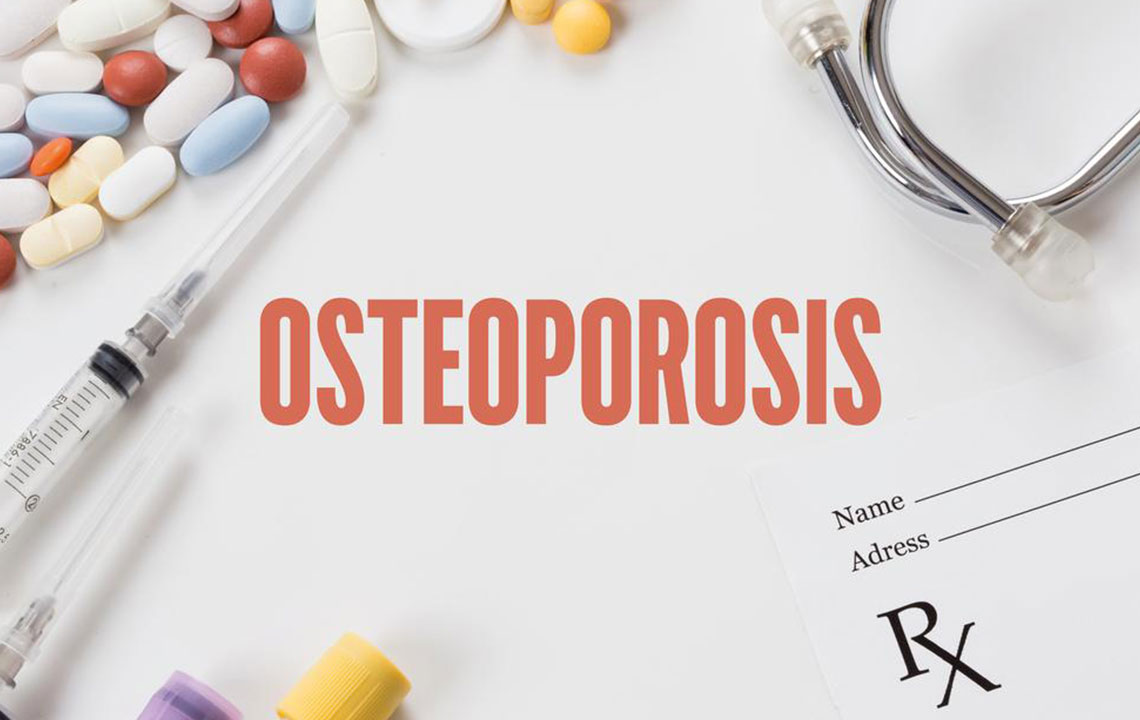Comprehensive Nutritional Strategies to Promote Women's Health and Wellness
This comprehensive guide highlights crucial nutritional strategies for women's health, emphasizing the importance of balanced diets, essential nutrients, and lifestyle considerations. Tailored advice addresses unique needs at different life stages, promoting optimal physical and mental well-being. Focused on natural foods, hydration, and nutrient absorption, it offers actionable tips for women seeking to enhance their health through proper nutrition.

Key Nutritional Principles for Women's Well-Being
In today's fast-paced world, maintaining optimal health through proper nutrition has become more important than ever for women. With increasing work pressures, family responsibilities, and lifestyle changes, many women often neglect their dietary needs, unknowingly risking deficiencies that can affect both physical and mental health. Establishing sustainable, balanced eating habits is crucial for supporting overall wellness, enhancing mood, maintaining a healthy weight, and preventing chronic conditions.
Nutritional intake plays a vital role in various aspects of women’s health, from fertility and hormonal balance to mood regulation and skeletal strength. Proper nutrition isn’t just about avoiding deficiencies; it’s about nourishing the body with essential nutrients that contribute to vitality and resilience.
As women age, their dietary requirements change significantly—whether during puberty, pregnancy, menopause, or later years—necessitating tailored nutritional strategies. While women typically require fewer calories than men, their needs for specific vitamins and minerals are higher due to hormonal fluctuations and physiological demands. Addressing these needs through personalized nutrition plans can greatly improve health outcomes and quality of life.
Unfortunately, demanding schedules, fatigue, and prioritizing others often cause women to overlook their nutritional needs, leading to deficiencies in key nutrients such as iron, calcium, magnesium, and vitamins. Such deficiencies not only impact physical health but also influence mood stability and mental clarity. Creating a diet that aligns with individual health goals and life stages is essential for long-term wellness.
Rather than relying solely on supplements, women should focus on incorporating nutrient-rich whole foods into their diets. A balanced intake of colorful fruits, a variety of vegetables, lean proteins, whole grains, and healthy fats provides comprehensive nutritional benefits. Limiting processed, fried, and sugary foods helps prevent inflammation and boosts overall health.
Calcium: The Cornerstone of Bone and Heart Health Calcium is indispensable for building and maintaining strong bones and teeth. It also plays a critical role in nerve transmission and heart function. Insufficient calcium intake can lead to fragile bones, increased risk of osteoporosis, mood disturbances, irritability, sleep problems, and muscle cramps. Women should ensure adequate calcium intake through dairy products, leafy greens, almonds, and fortified foods, complemented by nutrients like magnesium and vitamin D to optimize absorption and utilization.
Vitamin D: Aiding Calcium Absorption Vitamin D enhances calcium absorption and supports immune function. Sun exposure for about 30 minutes daily allows the body to produce enough vitamin D naturally. Additionally, consuming foods rich in vitamin D, such as fatty fish (salmon, mackerel, sardines), eggs, and fortified dairy or plant-based products, can help maintain optimal vitamin D levels, especially in regions with limited sunlight.
Iron: Essential for Vital Energy and Hemoglobin Production Iron is fundamental for forming hemoglobin, the molecule responsible for oxygen transport throughout the body. Women, especially those menstruating, have higher iron needs to compensate for blood losses. Iron-rich foods include lean meats, fish, shellfish, green leafy vegetables, legumes, iron-fortified cereals, and dried fruits. Iron deficiency can manifest as fatigue, weakness, pale skin, irritability, and diminished immunity, affecting many aspects of daily life.
In addition to iron, magnesium and other minerals support calcium metabolism and overall health. Staying well-hydrated by drinking plenty of water is also essential, as water sustains all bodily functions, promotes skin health, and boosts energy levels.
To sum up, the best approach to women’s nutrition is one that emphasizes balance, variety, and sustainability. Incorporating a wide spectrum of whole foods, staying adequately hydrated, and tailoring dietary choices according to life stage and health needs can significantly improve health outcomes. Nourishment isn’t just about preventing illness—it’s about fostering a vibrant, energetic, and resilient life.





